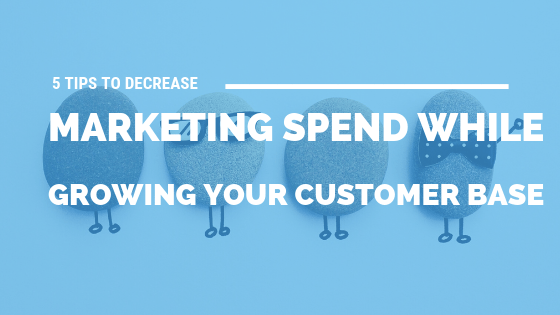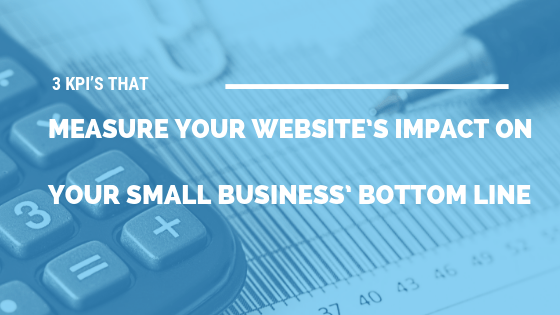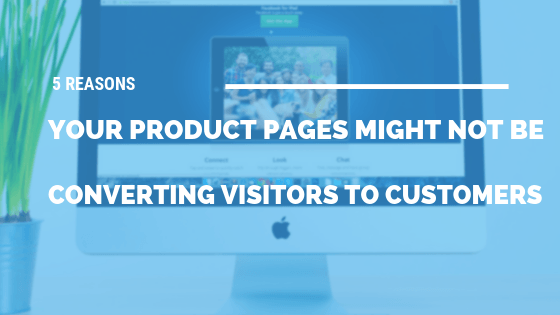Factors to Consider When Deciding Which Keywords to Pursue Next
If your site is looking to expand your organic reach on
Google, you’d be wise to spend some time on keyword research. That means
exploring which keywords you’d like to target. If you can improve your ranking
for keywords or phrases that attract people interested in your site, showing up
higher on SERPs, you can bring more traffic to your pages, generating more
conversions. But choosing the wrong keywords can lead to a colossal waste of time
and effort. Here are the most important factors you should consider when
choosing keywords.
1. Domain Authority
Domain authority is Moz’s score of your site’s probable ranking. It’s a conglomeration of linking root domains, total number of links, and other factors that represent a combined evaluation of how relevant your website is to a specific subject, represented in this case by the keyword. Domain authority is vastly important for ranking on SERPs, explaining why so many unscrupulous SEO operatives have used underhanded tactics to try to fake authority. When considering keywords, you need to look at the domain authority that your competition has in place already. Try searching on Google for your potential keyword with the MozBar plugin enabled. You’ll get a DA score for each result. If your keyword pulls up results from major corporations, with DA scores in the upper range (80-100), you need to choose something more specific. Try to target keywords that you can stake a high domain authority on, and avoid those that already have firmly established brands sitting on them.
2. Search Volume
With that being said, you shouldn’t target unnecessarily complex keywords just because it’ll be easier to establish domain authority. If no one’s searching for the keywords you’re targeting, your domain authority will be wasted. Google’s Keyword Planner can give you an idea of the number of people searching keywords you’re considering. Try typing in a series of keywords, increasing in specificity. You’ll see a readout for the average monthly searches for each of the keywords, and if you’ve ordered them from least to most specific, you’ll see how the search volume decreases as you get more precise. Find keywords that people are actually using! And keep in mind that some similar keywords return similar results, so you can potentially target multiple keywords with one SEO campaign.
3. Relevance
If you’ve found some keywords that fit in that sweet spot where they generate search volume but aren’t already owned in terms of domain authority, great! The factor you can use to sort through them now is their relevance to your business or website. Especially if you’re running a site that sells products or services, you want to target keywords used by motivated consumers—people who are ready to buy. Consider what language people use when searching for products like yours when they’ve already committed to buying. Targeting keywords used by people who are merely curious might increase your traffic, but it will have less of an impact on your conversions that establishing domain authority for keywords that people use when they’re on the verge of a purchase.
These three factors are paramount when conducting research. Find keywords that check all three boxes and your efforts won’t go to waste!






















